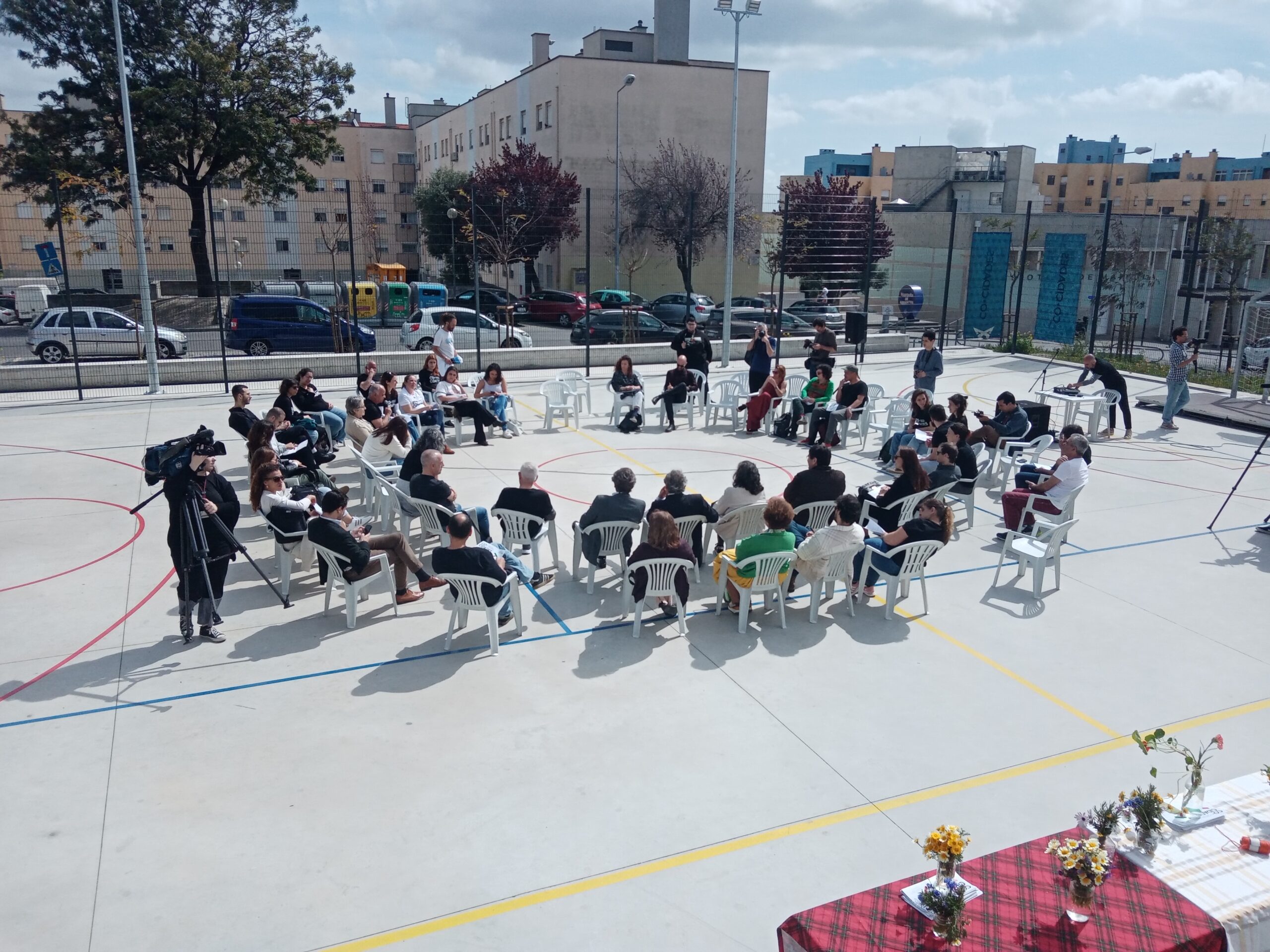In many European cities, we can observe that civil society actors increasingly appropriate public spaces and contribute to the co-production of neighborhoods. As consequence, numerous ‘experimental spaces’ exist in cities, where ‘city makers’ develop social innovations and test new structures or new practices. Social innovations that emerge from organized citizenship have the potential to make a valuable contribution in addressing social and cultural issues in the neighborhoods of European cities, and can contribute to the development of resilient communities. These transformative processes have the potential to confront fragmentation and exclusion in neighbourhoods, and are thought to provide the groundwork for an educational mission of architects, urban planners and designers and other built environment professionals. However, these developments are not reflected in higher education curricula to date. More attention is needed to understand the dynamics of civic engagement and community resilience in a comprehensive way and to gain knowledge on how to strengthen neighborhood resilience in an environment characterized by change, uncertainty, and unpredictability.
The aim of UPRUN is thus to provide future planners and other built environment professionals with a more sophisticated understanding of neighbourhood resilience. For this, UPRUN will identify strategies to strengthen social participation, resilience and sustainability in urban communities and neighbourhoods. The findings are used to develop hybrid teaching modules enabling students to make urban neighbourhoods more resilient via planning, collective action, innovation and learning.
Therefore, UPRUN will – in a comparative perspective – (i) analyse to what extent civil society actors can take responsibility for ‘their’ neighbourhoods or communities; (ii) identify the potentials and risks associated with civic engagement concerning social resilience and democratic development; (iii) analyse how sustainable transitions and urban neighbourhoods can be implemented successfully; (iv) examine the role of urban and regional planning in achieving social resilience and sustainability; (v) identify strategies for both civil society initiatives and urban planners to strengthen social participation, social resilience, democratic development and urban sustainability; and (vi) to contribute to a comprehensive understanding of resilient urban neighbourhoods.



